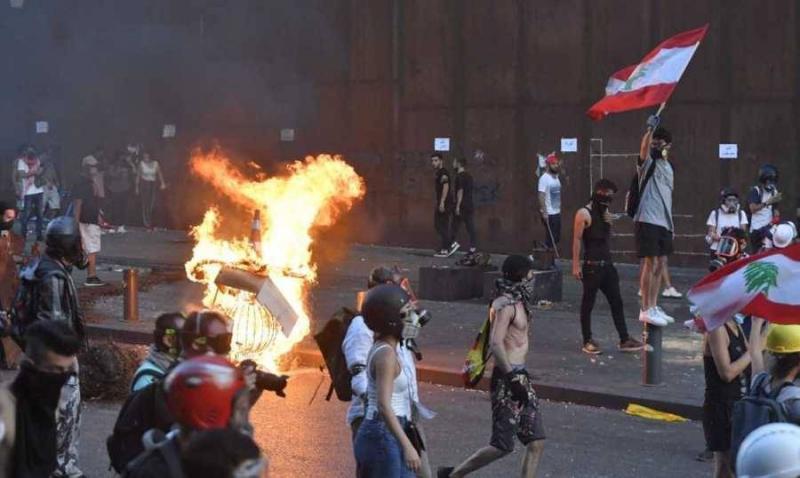The maritime demarcation file with Israel and the agreement reached through American mediation, while important, did not overshadow the looming challenges in the country, primarily the long-delayed government formation, postponed week after week, and the election of a president. It is widely recognized that achieving this before the end of the current term on the thirty-first of this month is nearly impossible. Hence, the high-pitched comments from Maronite Patriarch Bechara Boutros Al-Rahi, who rejected the vacancy in the presidency and expressed his concerns about using the excuse of consensus on a candidate among the blocs to further delay the electoral process and prevent it from occurring within the constitutional timeframe.
Al-Rahi questioned how the parliament could consider a presidential vacancy as feasible while deeming elections impossible, fearing that continuing to tie the election session to a consensus that may not be reached would result in the constitutional deadline passing without an election and without a president, which he categorically rejected as a crime against the people and the state.
Member of the Strong Republic Bloc, MP Ziad Hawat, stated to "Al-Markazia": "It is natural for Patriarch Al-Rahi to express his fears about the presidential vacancy and its unfortunate impact on the election of a new president. Therefore, we call on the other side to clarify its position and announce its candidate to engage in a democratic parliamentary battle amidst our decision, as sovereign deputies, to proceed with nominating MP Michel Moawad as a consensus candidate until the end. Otherwise, we will witness a presidential vacancy with very dangerous repercussions for the country amidst the current dire situation, where poverty and hunger are encroaching upon the majority of the Lebanese population, which has fallen below the poverty line according to reports from relevant international bodies and organizations."
Hawat urged a national unified stand to uplift the country from the abyss it has fallen into on all levels, starting with electing a president and then forming a capable government with a reform program that restores Lebanon from the axis of resistance to its natural position within the Arab and international communities. He stated that failing to do so would mean continuing the collapse, leading to the downfall of the structure of national unity and the emergence of new fiefdoms.
When asked whether external assistance is necessary to complete the requirements, he said: "We are capable of managing our affairs if we abandon our partisan interests. We have enough capability and awareness to perform miracles, as proven by Lebanese abroad. Therefore, we must prioritize Lebanon’s interest above all other interests; otherwise, should this obstructive approach continue, there is a great fear of popular mobilization, especially since its signs grow daily with no solution in sight, either concerning forming a government or electing a president within the constitutional deadline."




